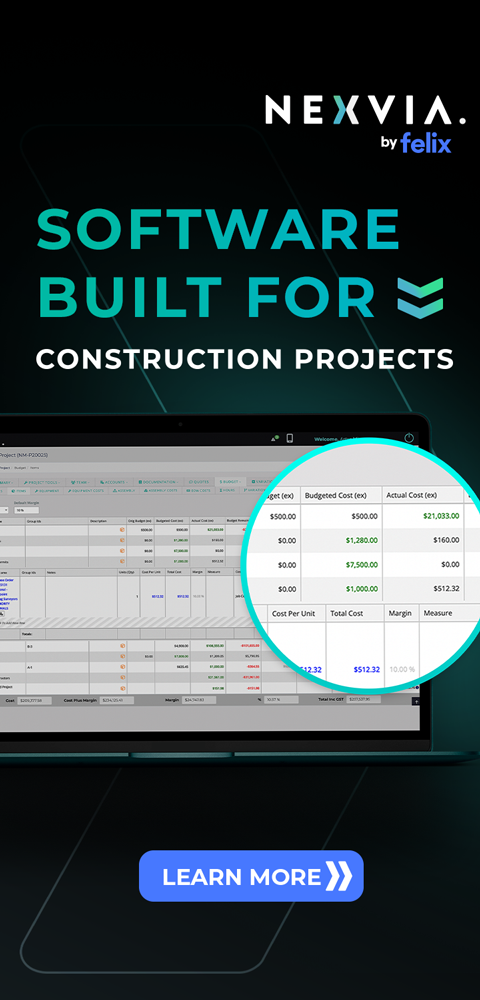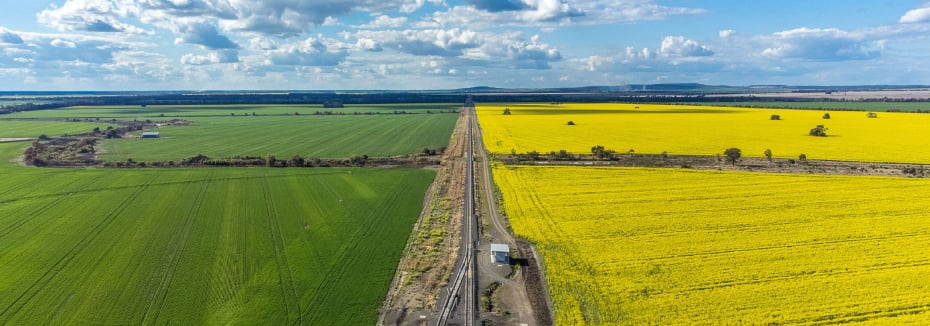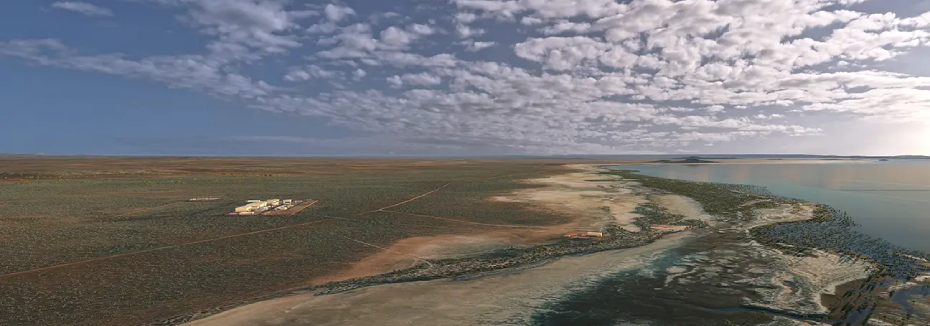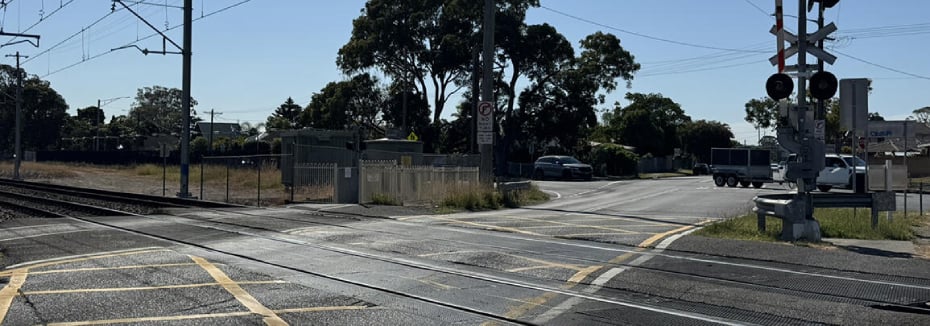When hiring equipment, suppliers will be required to present any applicable licenses and certifications. It's the responsibility of the supplier to be trained and licensed to operate the selected equipment. Often people are unsure as to what licenses and training needs to be completed in order to avoid liability. Here's a list of a few common construction works and their requirements.
Cranes and hoists License
Whether you're operating a: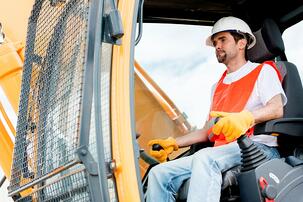
- Boom type elevating work platform
- Bridge & gantry crane
- Concrete placing boom
- Materials hoist with cantilever platform
- Personnel and materials hoist
- Reach stacker
- Slewing mobile cranes
- Other cranes
You must complete a high risk work license, ensure you are aware of which license class you require then find a RTO offering a course for your license class. You are required to complete formal training in a classroom setting provided by a RTO and informal training within the workplace using a logbook under a relevant HRW license holding supervisor.
Demolition License
People wanting to conduct certain types of demolition work must hold a current license, these being valid for a period of two years from the date of issue.
A license must be held if the structure: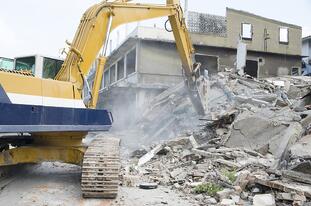
- Contains pre-tensioned or post-tensioned structural components.
- Involves use of load shifting equipment (e.g. use of combination front-end loader and backhoe, skid steer loader, excavator, crane).
- Involves the use of explosives or another induced collapse method.
You require a license for all demolition work unless the structure is:
- A domestic house
- A structure built as, and still generally having the characteristics of, a domestic house (e.g. a domestic house converted to flats or an office)
- A structure that is ancillary to a domestic house or a structure with the characteristics of a domestic house (e.g. a carport or garage for a domestic house)
AND
The structure does not contain the structural components described in (1) above and the work does not involve the use of load shifting equipment, or the demolition methods described in (2) or (3) above.
Apply for your license through WorkCover:
Need help? Information paper D1 and Information paper D2
Earthmoving License
You'll need a licence for each machine you operate. However, under the new Work Health and Safety Act 2011 you no longer need to hold an additional earthmoving or particular crane certificate to operate a: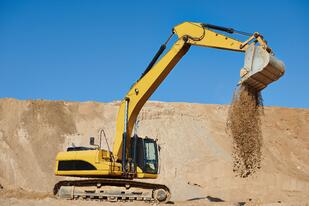
- Front-end loader backhoe
- Bridge and gantry crane
- Excavator
- Front-end loader
- Scraper
- Road roller
- Grader
- Skid steer loader
- Dozer
It's the responsibility of the person conducting a business or undertaking (PCBU) with management or control over the plant to ensure:
- The operator receives adequate information, training, instruction and supervision
- Operators are competent
- The equipment is used appropriately to minimise risk to health and safety
Certifications showcase a person's qualifications to do certain tasks and jobs. Check out our licenses, tickets and certification glossary and find out more about the requirements for a specific job in the construction or mining industry.

Recent Articles
NSW Govt approves Inland Rail Narrabri to North Star Phase 2 project
Delivery of the second phase of Inland Rail in New South Wales will soon get underway as the State Government gives the green light to the Narrabri to North Star Phase 2 project.
New significant milestones reached on proposed Northern Water Project
Two significant milestones have been achieved on the proposed Northern Water desalination plant in South Australia.
Plans unveiled for major upgrade to NSW Rawson Rd level crossing
The New South Wales Government has unveiled plans for a major upgrade at Rawson Road and Railway Street in Woy Woy to make one of the Central Coast’s level crossings safer.
Get the latest project news
- updates on Australia's pipeline of state and federal projects
- fresh contract awards from major contractors and builders
If you're looking to contact us about other matters, please contact us.


